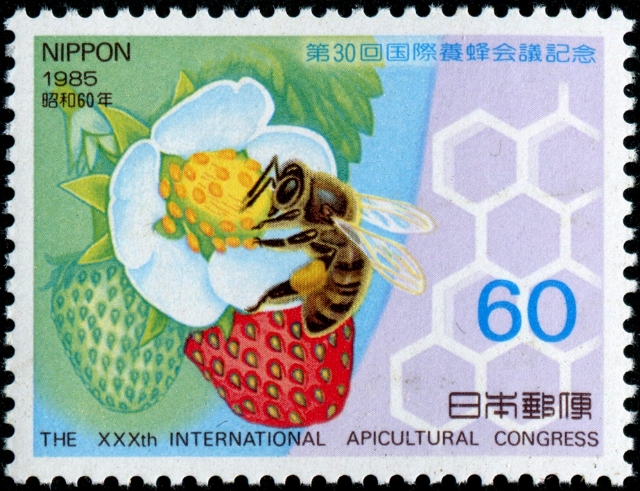Neonicotinoids are implicated in the decline of bee populations. As agonists of nicotinic acetylcholine receptors, they disturb acetylcholine receptor signaling leading to neurotoxicity. Several behavioral studies showed the link between neonicotinoid exposure and adverse effects on foraging activity and reproduction. However, molecular effects underlying these effects are poorly understood. Here we elucidated molecular effects at environmental realistic levels of three neonicotinoids and nicotine, and compared laboratory studies to field exposures with acetamiprid. We assessed transcriptional alterations of eight selected genes in caged honey bees exposed to different concentrations of the neonicotinoids acetamiprid, clothianidin, imidacloporid, and thiamethoxam, as well as nicotine. We determined transcripts of several targets, including nicotinic acetylcholine receptor α 1 and α 2 subunit, the multifunctional gene vitellogenin, immune system genes apidaecin and defensin-1, stress-related gene catalase and two genes linked to memory formation, pka and creb. Vitellogenin showed a strong increase upon neonicotinoid exposures in the laboratory and field, while creb and pka transcripts were down-regulated. The induction of vitellogenin suggests adverse effects on foraging activity, whereas creb and pka down-regulation may be implicated in decreased long-term memory formation. Transcriptional alterations occurred at environmental concentrations and provide an explanation for the molecular basis of observed adverse effects of neonicotinoids to bees.
Source:
Verena Christen, Fabian Mittner, and Karl Fent
Environ. Sci. Technol., 2016, 50 (7), pp 4071–4081
DOI: 10.1021/acs.est.6b00678
Publication Date (Web): March 18, 2016

- Login om te reageren
